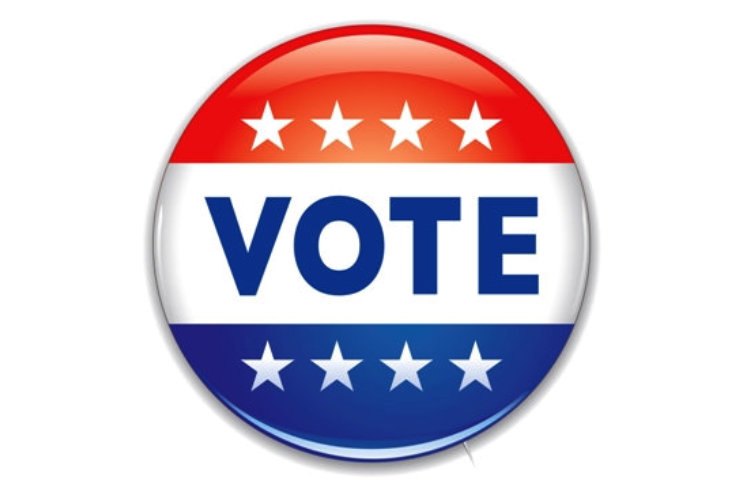
Elections can serve to unite and divide people according to social issues and causes with an increased awareness in the upcoming months as the turbulent primaries and elections near.
Whether you’re a fan of Hillary Clinton or a Donald Trump supporter may depend on their stances on one or two specific issues important to you.
And like many voters, you may not like either candidate, but you may still be willing to make a decision at the ballot box during this presidential race based on your support of social causes.
A recent study1 by the Achieve Agency examined whether millennials’ philanthropic interests and engagement patterns change in response to election campaigns and whether those changes are influenced by demographic factors such as gender, age, and political ideology.
Achieve’s research shows that millennials value cause-related work and make a point of engaging with issues and organizations that align with their interests. At the same time, Achieve’s research revealed that millennials are more likely to passively engage with a cause – like signing a petition, for example – than actively engage through volunteering or making a donation.
In fact, 76% of millennials responding to the 2016 survey said they believe they can affect social change with their vote. However, fewer than half of those millennials have actually volunteered or donated to a cause aligned with the issues they support.
Achieve’s research found that male millennial respondents are more engaged in cause participation of all types (volunteering, donating, supporting community projects, participating in demonstrations and signing petitions) during this presidential election year than females.
That finding contrasts the U.S. Bureau of Labor Statistics2, which found in 2015 that women were 6% more likely than males to volunteer and consistently give more in every income bracket.
And you better believe that Hillary and Donald’s campaigns are aware of this research and hope to capitalize on voters’ desire to align with social causes.
Age definitely plays a large role in the philanthropic involvement of both men and women in political campaign activism.
According to Achieve’s recent research, slightly more than half of the respondents between the ages of 25 and 36 identified their political ideology as conservative leaning, compared to 41% of the respondents between the ages of 18 and 24. The survey uncovered that those identified as conservative-leaning are more likely to engage with a cause than those who self-identify as liberal leaning.
How Hillary and Donald will try to sway voters based on social issues depends on their understanding of all of this research. Recognizing the involvement patterns of their prospective voters will play a large role in how well the candidates are able to motivate someone to vote for them.
When you decide whether to visit the polls this year, your motivation may stem from your belief that you will affect an important social change in the years to come. Hopefully, both candidates appreciate the importance of social causes and implement strategies that demonstrate their clear positions on key social issues.
